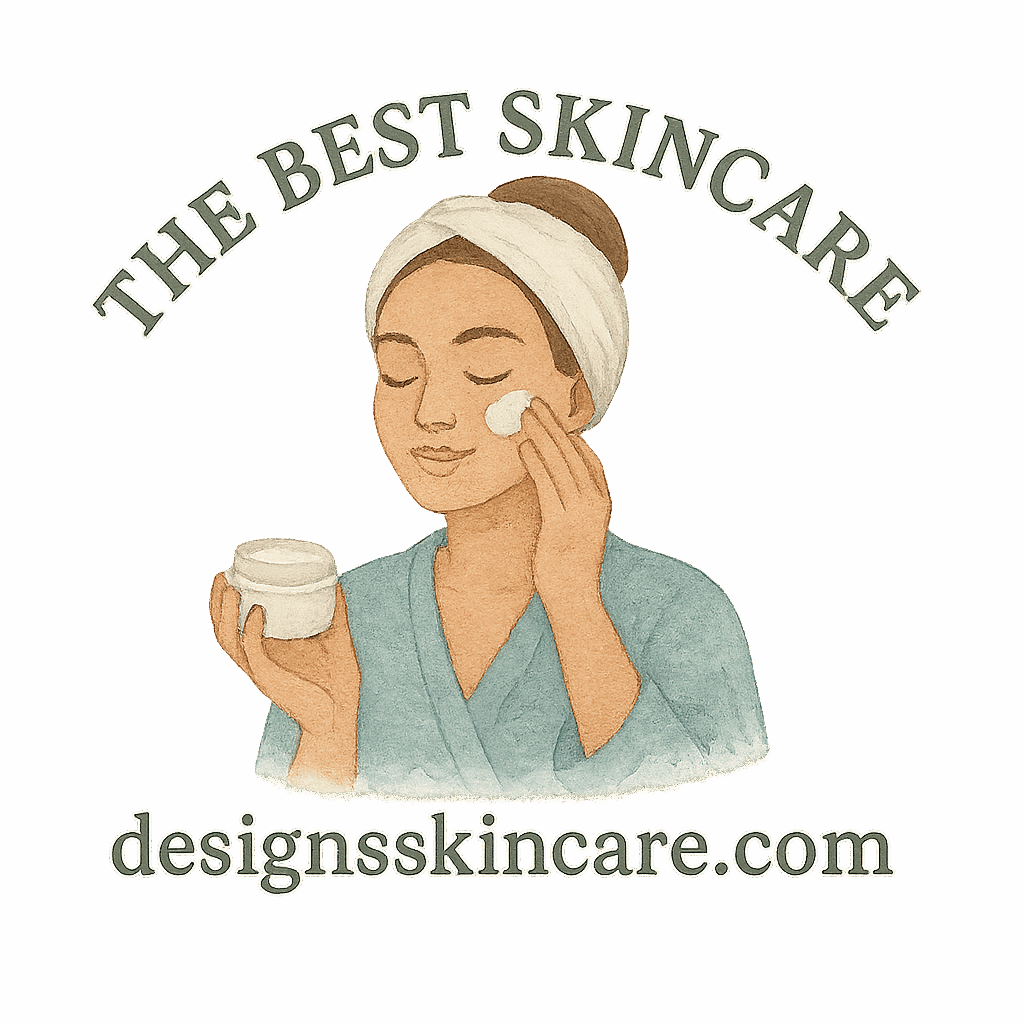Introduction: The Rise of Minimalist Skincare
Minimalism isn’t just a buzzword for fashion and interior design anymore; it’s sweeping through the beauty industry too. As eco-conscious living becomes more widespread, the idea of simplifying one’s skincare routine is gaining traction. But, how exactly can we embrace minimalist skincare while ensuring our choices are good for the environment?
This article will guide you through 7 minimalist skincare tips perfect for eco-conscious shoppers, helping you to build a more sustainable, effective skincare routine.
Why Minimalism Is Gaining Popularity in Skincare
Minimalism in skincare is all about using fewer, but more effective, products. It means streamlining your routine to target your skin’s essential needs and cutting out unnecessary steps. This not only helps reduce clutter but also minimizes your environmental footprint.
How Eco-Consciousness Is Shaping Consumer Choices
As more people become aware of the environmental impact of their purchases, there’s a noticeable shift toward eco-friendly products. Eco-conscious shoppers are looking for skincare that is both effective for their skin and kind to the planet. This includes considering factors such as sustainability, ethical sourcing, and reducing waste through eco-friendly skincare practices.
Tip 1: Simplify Your Skincare Routine
A minimalist approach begins with simplifying your skincare routine. The fewer the products, the less waste. By focusing on essential products, you reduce both the clutter in your skincare cabinet and your impact on the environment.
The Power of a Basic Routine
At its core, a basic skincare routine involves cleansing, moisturizing, and protecting your skin with sunscreen. This straightforward approach addresses the key aspects of skin care without overwhelming your skin with multiple products. If you want to know more about how a simplified routine can work wonders for your skin, check out our guide to skincare routines.
Choosing Essential Skincare Products
Focusing on a few products that really work is the essence of minimalist skincare. You don’t need multiple serums or heavy-duty treatments. Opt for skincare products that address your core needs, such as hydration and sun protection, to keep your routine both efficient and eco-friendly.
Avoiding Overcomplicated Products
Minimalist skincare avoids unnecessary complexity. Stick with products that are essential and avoid the temptation of buying trendy but redundant items. This helps reduce excess packaging and waste.
Tip 2: Embrace Multi-Use Products
When you’re trying to be eco-conscious, multi-use products are your best friend. These products can perform multiple functions, which means you’re buying fewer items, reducing waste, and keeping things simple.
What Are Multi-Use Skincare Products?
Multi-use skincare products are formulated to serve more than one purpose. For example, a moisturizer that also has SPF or a cleanser that removes makeup and purifies the skin. These multi-use skincare products allow you to streamline your routine and use fewer products.
Benefits of Multi-Use Products for Eco-Conscious Shoppers
These products are not only space-saving but also waste-reducing. By using fewer products, you reduce packaging waste and often save money in the process. Choose multi-use skincare that combines benefits like hydration, sun protection, and anti-aging properties all in one.
Examples of Effective Multi-Use Products
Some great examples of multi-use skincare products include tinted moisturizers with SPF, cleansing balms that double as makeup removers, or even multi-purpose oils that can be used on your face and body. These items give you multiple benefits with just one purchase.
Tip 3: Go for Sustainable Packaging
A significant part of being eco-conscious in skincare is choosing products with sustainable packaging. Excessive plastic use in the beauty industry is a major contributor to pollution, so reducing packaging waste can make a huge difference.
Why Packaging Matters in Eco-Friendly Skincare
The beauty industry is notorious for its plastic waste. By opting for products that use sustainable packaging (glass, aluminum, or recyclable materials), you’re actively reducing your environmental footprint. Sustainable packaging is a key step toward a cleaner planet.
How to Spot Eco-Friendly Packaging
Look for brands that use recyclable materials or offer refillable packaging. This helps minimize waste, and some brands even offer a discount if you bring back empty packaging for refills. Always check for eco-friendly symbols or certifications on product labels.
Sustainable Brands to Watch Out For
Brands like Kiehl’s and Lush are great examples of companies that focus on sustainability. They use eco-friendly packaging and are pioneers in the refillable skincare movement.

Tip 4: Choose Clean, Natural Ingredients
The ingredients in your skincare matter—both for your skin and for the planet. Choosing clean, natural products ensures you’re using safe, effective ingredients that are more likely to be sustainably sourced and better for the environment.
The Importance of Ingredient Transparency
Eco-conscious brands tend to be transparent about their ingredients, providing information about their sourcing and sustainability practices. If you’re interested in learning more about what’s in your products, check out our guide to skincare ingredients and how they impact both your skin and the environment.
Benefits of Clean Ingredients for Your Skin and the Environment
Natural ingredients like aloe vera, rosehip oil, and green tea are not only beneficial for your skin but also typically more eco-friendly. These ingredients are biodegradable and often come from sustainable, cruelty-free sources.
How to Choose Products with Safe and Natural Ingredients
Check labels for products with natural skincare ingredients and avoid harsh chemicals such as parabens or sulfates. Look for brands that prioritize organic, plant-based ingredients to ensure both your skin and the environment are treated kindly.
Tip 5: Support Cruelty-Free and Vegan Brands
Choosing cruelty-free and vegan skincare is an important aspect of being an eco-conscious shopper. These products are not only free from animal testing but are also often made without animal-derived ingredients, which is better for both your skin and the planet.
Why Cruelty-Free Skincare Is Better for the Planet
Cruelty-free products align with ethical production practices, and they are typically more sustainable. By supporting cruelty-free skincare brands, you contribute to a more ethical beauty industry that does not harm animals.
Vegan vs. Cruelty-Free: Understanding the Difference
Vegan skincare eliminates all animal-derived ingredients, while cruelty-free means the product was not tested on animals. Both choices are great for those who are environmentally conscious and care about ethical skincare.
Eco-Conscious Brands You Can Trust
Some top brands for vegan and cruelty-free skincare include The Ordinary, Dr. Dennis Gross, and Tata Harper. These brands use ethical production methods and have a commitment to sustainability.
Tip 6: Buy in Bulk or Choose Refillables
Another great way to reduce waste and live more sustainably is by buying skincare products in bulk or opting for refillable versions. This reduces packaging waste and helps you save money in the long run.
The Environmental Benefits of Bulk Buying
Bulk buying helps minimize the amount of packaging needed for each product, reducing waste and the environmental impact of frequent purchases. If you’re looking for bulk skincare options, explore brands that offer larger quantities or refill options.
How Refillable Packaging Reduces Waste
Refillable skincare packaging is an excellent way to cut down on waste. Brands that offer refillable skincare products like face washes or lotions make it easier to reuse your containers, which significantly reduces single-use plastic waste.
Where to Find Refillable Skincare Products
Several brands offer refillable skincare solutions, including Lush and Kiehl’s. These brands not only provide refillable products but also offer incentives to encourage customers to return for refills.
Tip 7: Be Mindful of the Products You Dispose Of
Once your skincare products are finished, how you dispose of them matters. Proper disposal of packaging ensures that materials like glass, aluminum, and plastic can be recycled or reused effectively.
Proper Disposal Methods for Skincare Products
Recycle packaging whenever possible. Many products use recyclable glass or plastic, but be sure to remove caps or pumps before tossing them into the recycling bin. For more information, check out our guide on skincare disposal.
How to Recycle or Reuse Packaging Effectively
Before throwing away skincare containers, consider reusing them. Glass jars make great storage containers, and aluminum packaging is easy to recycle. Reduce your waste by thinking twice before discarding empty containers.
Reducing Waste with Minimalist Skincare Practices
Adopting a minimalist skincare routine reduces both product consumption and packaging waste. By following these tips, you can ensure that your beauty routine is both effective for your skin and gentle on the planet.
Conclusion: Minimalist Skincare for a Sustainable Future
Minimalist skincare is not only a trend; it’s a movement toward more ethical, sustainable, and environmentally friendly beauty practices. By following these 7 minimalist skincare tips, you can craft a routine that not only works for your skin but also for the planet. Every small step you take makes a difference in creating a more sustainable future.
FAQs
- What does minimalist skincare mean?
- Are multi-use skincare products effective?
- How can I tell if a skincare brand is eco-conscious?
- Are refillable skincare products worth the investment?
- Can minimalist skincare help with skin issues like acne?
- What are the benefits of using cruelty-free skincare?
- How can I make my skincare routine more eco-friendly?


